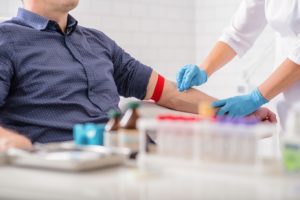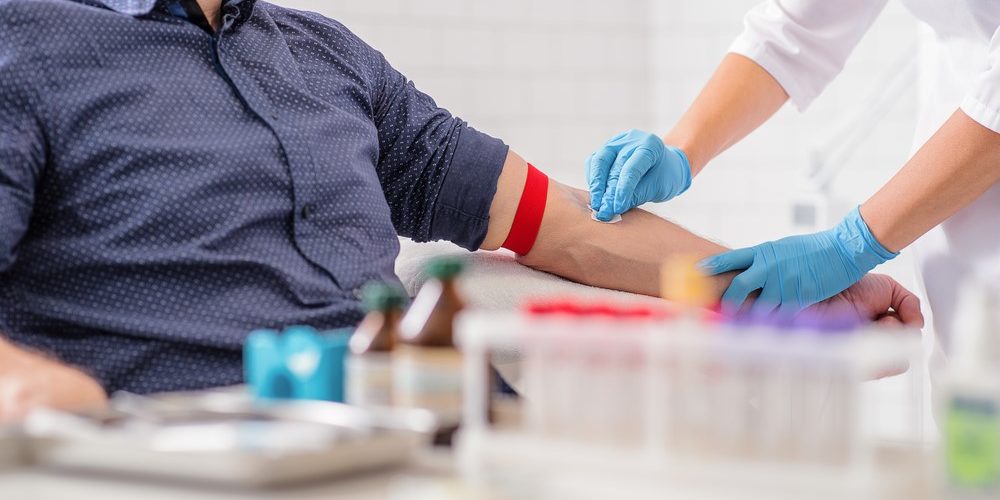 With the spread of COVID-19 across the country, our nation’s supply of blood has become severely depleted. Many blood drives were cancelled when schools and businesses closed and the opportunity to donate while remaining socially distant remains challenging.
With the spread of COVID-19 across the country, our nation’s supply of blood has become severely depleted. Many blood drives were cancelled when schools and businesses closed and the opportunity to donate while remaining socially distant remains challenging.
Although the economy has started to gradually reopen and we’ve begun the process of resuming elective surgeries and outpatient services in hospitals, the rate of blood donations had not yet returned to its previous levels. According to the American Red Cross which collects about 40 percent of the nation’s blood donations, inventories have been cut nearly in half. If donations don’t bounce back soon, we could be facing a critical situation.
It’s understandable that you may have some fears about going into your local donation center, but here’s how you can safely donate blood during a time of crisis:
- Find a place to donate. You can look for local blood drives or make an appointment at a donation center near you. Some options include New York Blood Center or American Red Cross. If you can’t get an appointment right away don’t be discouraged. Blood supplies will likely be low for some time and blood donations are desperately needed.
- Look up donation guidelines. Find out what the requirements are to be a blood donor at your local center to make sure you’re eligible before making an appointment.
- Follow safety guidelines. Donation centers are taking extra precautions to keep you safe. Not only are staff required to wear the appropriate Personal Protective Equipment (PPE) and thoroughly clean surfaces between each donor, but donors themselves will be required to:
- Wear a mask or face covering
- Have your temperature taken
- Be 14 days symptom free if you have recently recovered fromCOVID-19. You many not donate if you’ve tested positive for COVID-19 or experienced any symptoms in the last 14 days, and you many not donate if you are currently advised to be self-quarantining.
Donors will also be spaced at six feet apart to maintain social distancing guidelines.
Raymond Gulino, DPM, MS,CLT(ASCP), administrative director of pathology and laboratory services at Mather Hospital cautions, “remember, if you are feeling ill or are exhibiting any of the following symptoms, please refrain from donating blood or blood components until you have sought medical advice from your healthcare provider”:
- Difficulty breathing
- Fever or chills
- Cough
- Fatigue
- Muscle or body aches
- Headache
- New loss of taste or smell
- Sore throat
- Congestion or runny nose
- Nausea, vomiting or diarrhea

